Does a College in Vietnam Have Judicial Personality?
Does a college in Vietnam have judicial personality?
Pursuant to Article 3 of the Charter of Colleges, issued together with Circular 15/2021/TT-BLDTBXH:
Legal status of colleges
1. Colleges have judicial personality, have their own seals, and accounts.
2. Colleges are vocational education institutions, have autonomy, and are accountable according to the law.
3. Colleges operate in accordance with the law on vocational education, education law, this Circular, and relevant legal provisions.
Thus, the legal status of colleges is that they possess judicial personality, and simultaneously have their own seals and accounts as stipulated by law.
What are 11 contents of the organizational regulations of the college in Vietnam?
Based on Article 7 of Circular 15/2021/TT-BLDTBXH regulating the organizational and operational charters of colleges:
Organizational and operational charters of colleges
1. The organizational and operational charters of colleges are issued by the rector based on the resolutions of the school council for public colleges or the board of directors for private colleges, focusing to specify the provisions in this Circular, suitable to the characteristics of the institution and not contrary to relevant legal regulations.
Colleges under the armed forces apply according to this clause and regulations for units belonging to the armed forces.
2. The organizational and operational charters of colleges include the following essential contents:
a) Name of the school, abbreviation (if any);
b) Mission;
c) Objectives;
d) Duties and powers of the school;
e) Organization of training activities, scientific research, technology, and production services, international cooperation;
f) Duties and rights of teachers, managerial staff, public employees, and employees;
g) Duties and rights of students;
h) Organization and management of the school;
i) Finance and assets;
j) Relationship between the school and enterprises, vocational education institutions, educational institutions, students' families, and society;
k) Inspection, examination, commendation, and handling of violations.
3. The organizational and operational charters of colleges, after issuance, must be publicly announced throughout the school.
4. The rector of the college issues the amended and supplemented organizational and operational charters of their school as prescribed in Clauses 1, 2, and 3 of this Article.
Thus, the organizational charter of colleges includes 11 contents as follows:
[1] Name of the school, abbreviation (if any);
[2] Mission;
[3] Objectives;
[4] Duties and powers of the school;
[5] Organization of training activities, scientific research, technology, and production services, international cooperation;
[6] Duties and rights of teachers, managerial staff, public employees, and employees;
[7] Duties and rights of students;
[8] Organization and management of the school;
[9] Finance and assets;
[10] Relationship between the school and enterprises, vocational education institutions, educational institutions, students' families, and society;
[11] Inspection, examination, commendation, and handling of violations.
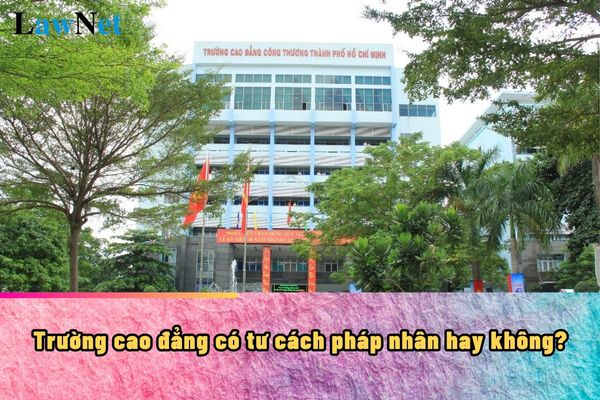
Does a College in Vietnam Have Judicial Personality? (Image from Internet)
What are regulations on autonomy in professional activities of colleges in Vietnam?
Pursuant to Clause 1, Article 9 of Circular 15/2021/TT-BLDTBXH regulating the autonomy and accountability of colleges:
* Autonomy in professional activities
- Colleges decide on the objectives, mission, strategy, and development plans of the school;
- Colleges determine and announce the enrollment methods and targets; decide the organization and management of training, forms of training; decide on training partnerships with domestic vocational education institutions that meet the conditions as stipulated by law;
Decide on the transfer training between different levels of vocational education;
Enroll and manage students; develop training programs; organize and compile or choose teaching materials suitable to the training objectives of each training program;
Print diploma templates, manage, issue, and grant diplomas and certificates to students as prescribed by the Minister of Labor - Invalids and Social Affairs;
- Colleges are flexible in the annual enrollment scale for the training industries and occupations granted in the certificate of vocational education operation registration, the certificate of additional vocational education operation registration as prescribed by the Government of Vietnam;
- Public colleges that self-guarantee regular expenses and investment funds have autonomy in professional matters as prescribed by the Government of Vietnam;
- Private colleges have autonomy in organizing vocational education activities, building, and developing the teaching staff as prescribed by law;
- Colleges implement scientific research, international cooperation activities according to the school’s strategy and development plan, ensuring the quality of the school’s training;
- Colleges choose vocational education quality accreditation organizations to accredit the quality of the school’s vocational education;
- Colleges exercise other professional autonomy rights as stipulated by law.
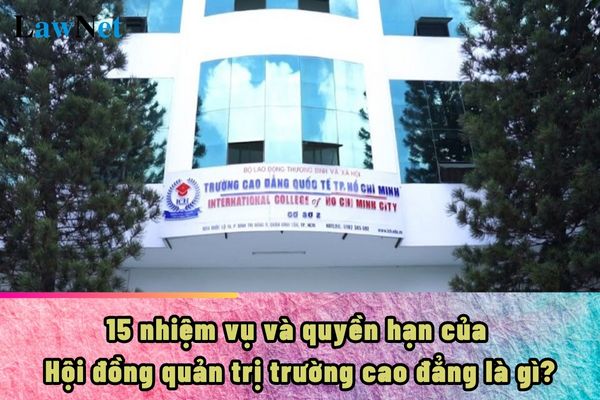
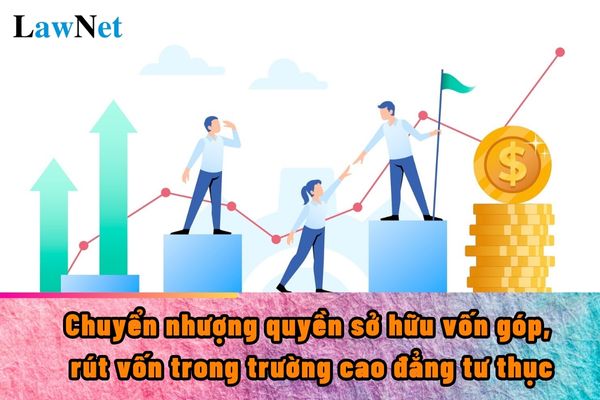
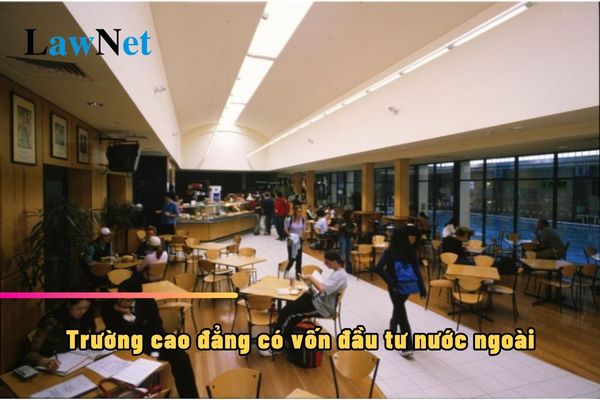
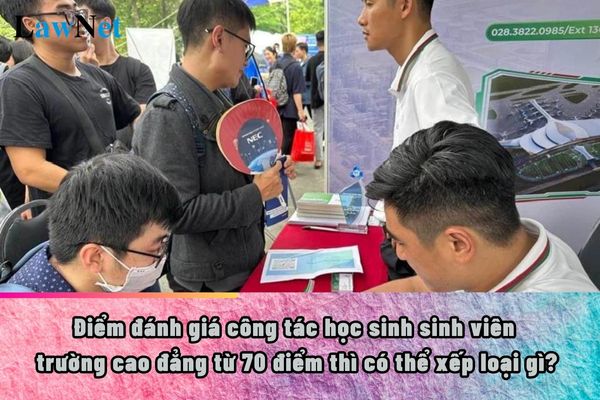
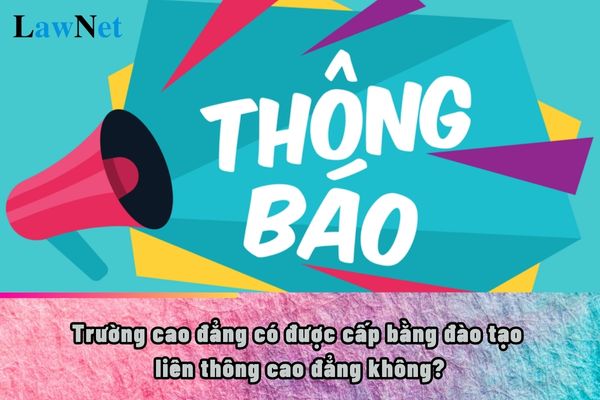
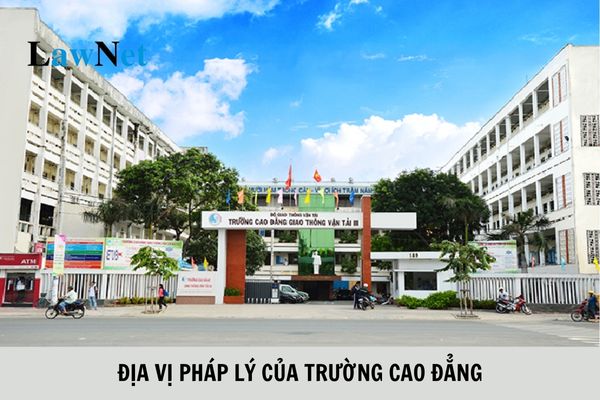
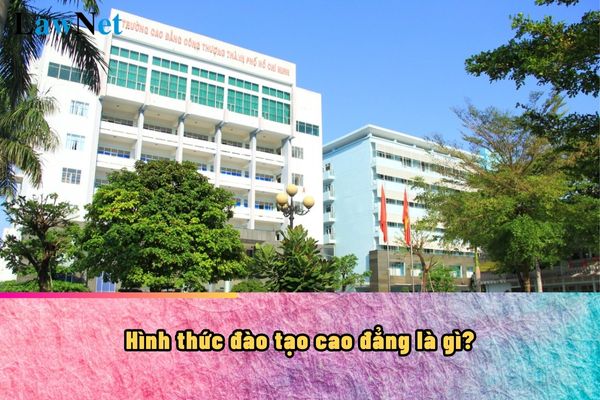
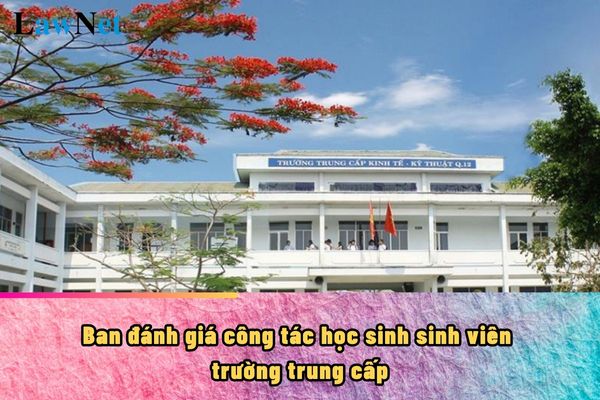

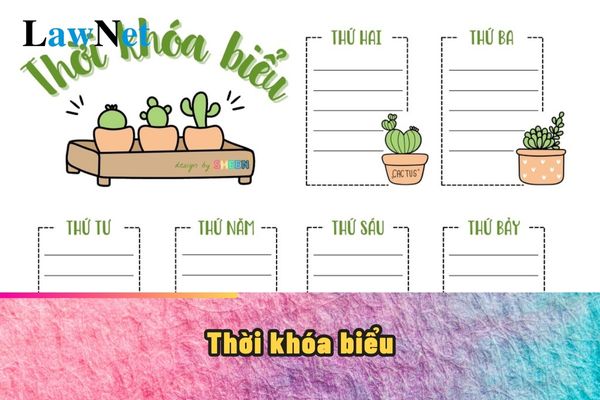
- Vietnam: What is the sample outline of an essay on the analysis of expressions of national spirit in the Poem "Việt Bắc" for 12th-grade students? What patriotic qualities are required for 12th-grade students?
- Vietnam: What are your thoughts on the Poem "Tiếng ru" by To Huu? How many lessons are there in the 12th-grade Literature curriculum per year?
- What are the sample essays describing your grandfather for 5th-grade students in Vietnam? What are the assessment criteria for 5th-grade students in 2024?
- Vietnam: What are the sample social argumentative essays on social media etiquette for 10th-grade students? What Vietnamese knowledge do 10th-grade students learn?
- Vietnam: Why is the French Bourgeois Revolution considered the most thorough one? What learning outcomes are required for 11th-grade students after studying the bourgeois revolution?
- Vietnam: What is the atmosphere? What is the grade at which students are required to master the knowledge of the atmosphere in the History and Geography curriculum?
- Vietnam: Why does the phenomenon of day and night alternation occur on Earth? What is the grade at which students learn about the phenomenon of day and night alternation on Earth?
- What is the newest report template on distance education at the higher education level in Vietnam?
- Vietnam: What are the shortest sample expositions on Ba Den Mountain for 9th-grade students? What learning outcomes are required for the writing process in the 9th-grade Literature curriculum?
- In Vietnam, what does local time mean? What is the grade at which local time is taught in the History and Geography curriculum?

